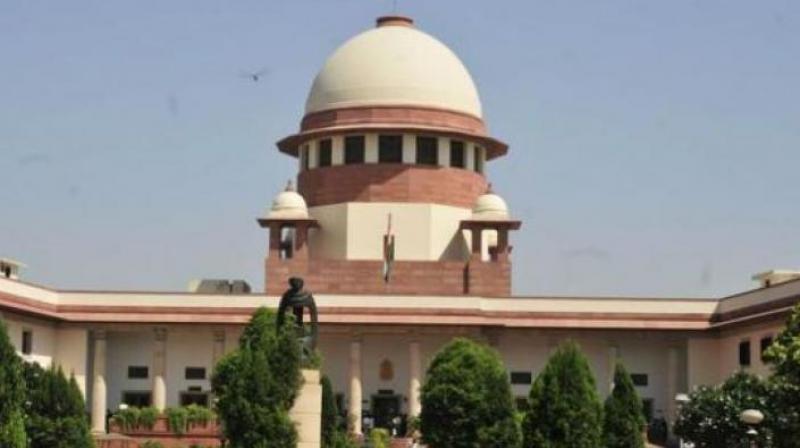SC can't be silent on how bench is set up

The outcome of the Congress MPs’ appeal against the Rajya Sabha Chairman’s rejection of the motion to impeach the Chief Justice of India should be welcomed as the independence of the judiciary is seen to be upheld. But the unprecedented way in which the appeal was heard and dismissed as withdrawn leaves much to be desired. The way in which the plea appears to have been handled administratively by our highest court remains opaque, and under a cloud. As the Chief Justice was involved as the target of the move by the MPs, it stands to reason he should have distanced himself from the whole process. But it seems he may have been privy to the formation of the larger five-judge bench by means of administrative action. Again, what’s in question here is the way the sixth seniormost judge was made head of the bench, and not the correctness of it. What mechanism constituted this bench must be made public.
It’s only logical that the CJI and the next four seniormost judges couldn’t be part of the process of hearing the case as all had a bias — the CJI as a possible respondent and the other four as they had declared at a press conference their misgivings about the CJI and his way of running the judicial process as “Master of the Roster”.
The formation of the five-member bench seems valid, but the fundamental question is whether the CJI set it up. It is unlikely that RTI action will bring out who ordered the formation of this bench. It is the Supreme Court’s duty, however, to reveal how the bench was constituted as important matters of propriety involving the highest judiciary is involved. A studied silence or stonewalling will not help matters.
It’s another matter that lawyers can’t be allowed to go “forum shopping” and in an unedifying manner withdraw petitions if they don’t like the judge or judges before whom cases are posted. But in the larger issue involving the Rajya Sabha Chairman’s action in dismissing the original impeachment move, it’s clear he has the power to do so. Only if, after due consideration, he allowed a committee to be formed to handle the matter would the impeachment process begin under the Judges Inquiry Act 1968, not simply because over 50 MPs had signed a motion to that effect. Politicians simply can’t be allowed to undermine the balance of power as enshrined in the Constitution, and the autonomy of the judiciary is an important principle that needs to be upheld. If there’s a case to be made against any judge, action should be taken only after going through all the procedures, and not in a politically inspired manner.

